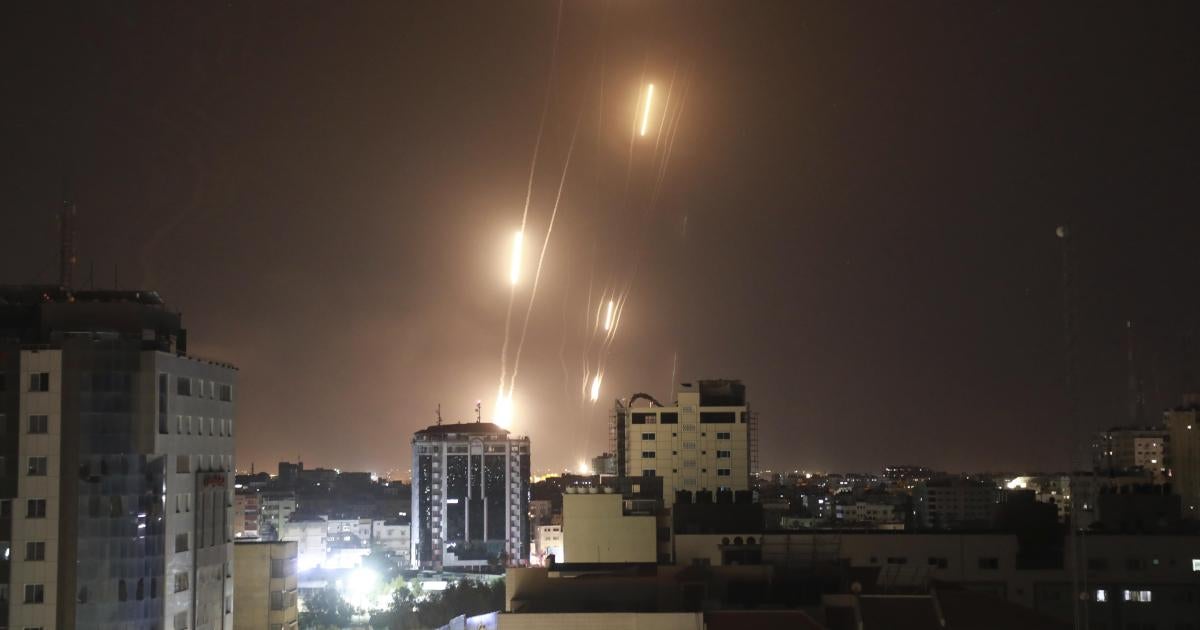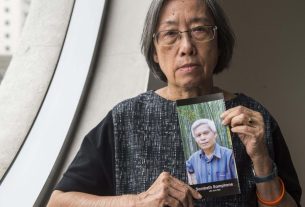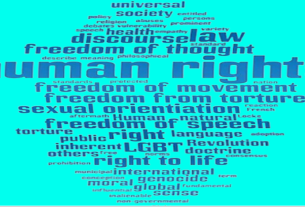(Jerusalem) – Palestinian armed groups carried out a deadly assault on October 7, 2023, that killed several hundred Israeli civilians and led to Israeli counterstrikes that killed hundreds of Palestinians, Human Rights Watch said in releasing a questions and answers document about the international humanitarian law standards governing the current hostilities. As of October 8, the attacks by Palestinian armed groups killed more than 677 Israelis and foreign nationals, including civilians, according to Israeli sources cited by the United Nations. Subsequent Israeli airstrikes on Gaza left at least 413 Palestinians dead, the Palestinian Health Ministry in Gaza reported.
Hamas and other Palestinian armed groups breached the fences separating Gaza and Israel and attacked surrounding Israeli communities, infiltrated homes, apparently shot civilians en masse, and took scores of Israeli civilians as hostages into Gaza. They reportedly launched more than 3,000 indiscriminate rockets towards Israeli population centers.
“Deliberate killings of civilians, hostage-taking, and collective punishment are heinous crimes that have no justification,” said Omar Shakir, Israel and Palestine Director at Human Rights Watch. “The unlawful attacks and systematic repression that have mired the region for decades will continue, so long as human rights and accountability are disregarded.”
Israeli authorities have systematically repressed Palestinians for decades and since 2007 have imposed a crushing closure on Gaza’s population. On October 7, Israel’s Energy Minister announced that Israeli authorities would no longer provide electricity to Gaza’s 2.2 million residents.
Palestinian armed group’s apparent deliberate targeting of civilians, indiscriminate attacks, and taking of civilians as hostages amount to war crimes under international humanitarian law. Israeli authorities’ cutting off electricity to Gaza and other punitive measures against Gaza’s civilian population would amount to unlawful collective punishment, which is a war crime. The laws of war apply to all parties to a conflict, irrespective of the lawfulness of their going to war or imbalances of power between the parties.
Palestinians in the Occupied Palestinian Territory (OPT) have recently faced perhaps unprecedented repression. During the first nine months of 2023, Israeli authorities killed more Palestinians in the West Bank in 2023 than in any year since the United Nations began systematically recording fatalities in 2005. As of October, the number of Palestinians being held in administrative detention without charges or trial based on secret information reached a 30-year-high. Israel’s unlawful closure of Gaza, including its generalized ban on the travel of Palestinian residents who live in this 40-by-11 kilometer (25-by-7 mile) strip of land, with few exceptions, recently entered its 17th year.
The Israeli government’s systematic oppression in the OPT, coupled with inhumane acts committed against Palestinians as part of a policy to maintain the domination by Jewish Israelis over Palestinians, amount to the crimes against humanity of apartheid and persecution, as Human Rights Watch previously found.
During prior rounds of hostilities, Human Rights Watch documented serious violations of the laws of war by Israeli forces and by Palestinian armed groups. Israel has repeatedly carried out indiscriminate airstrikes that killed scores of civilians – wiping out entire families – and strikes that targeted civilians or civilian infrastructure, including destroying high-rise Gaza towers full of homes and businesses, with no evident military targets in the vicinity.
Palestinian armed groups have launched thousands of indiscriminate rockets that violate the laws of war and amount to war crimes. Human Rights Watch has for years called for Palestinian armed groups to cease these unlawful attacks, including in a recent exchange of letters with Hamas authorities.
In 2021, the then-International Criminal Court (ICC) prosecutor, Fatou Bensouda, opened a formal investigation in 2021 into serious crimes committed in Palestine, which is a party to the court’s Rome Statute. The current fighting highlights the urgent need for justice and for the ICC Office of the Prosecutor to accelerate its investigation into serious crimes committed by all parties in Palestine, Human Rights Watch said.
“If we’ve learned anything through prior escalations, it is that so long as there is impunity for serious abuses, we will continue to see more repression and shedding of civilian blood,” Shakir said.



